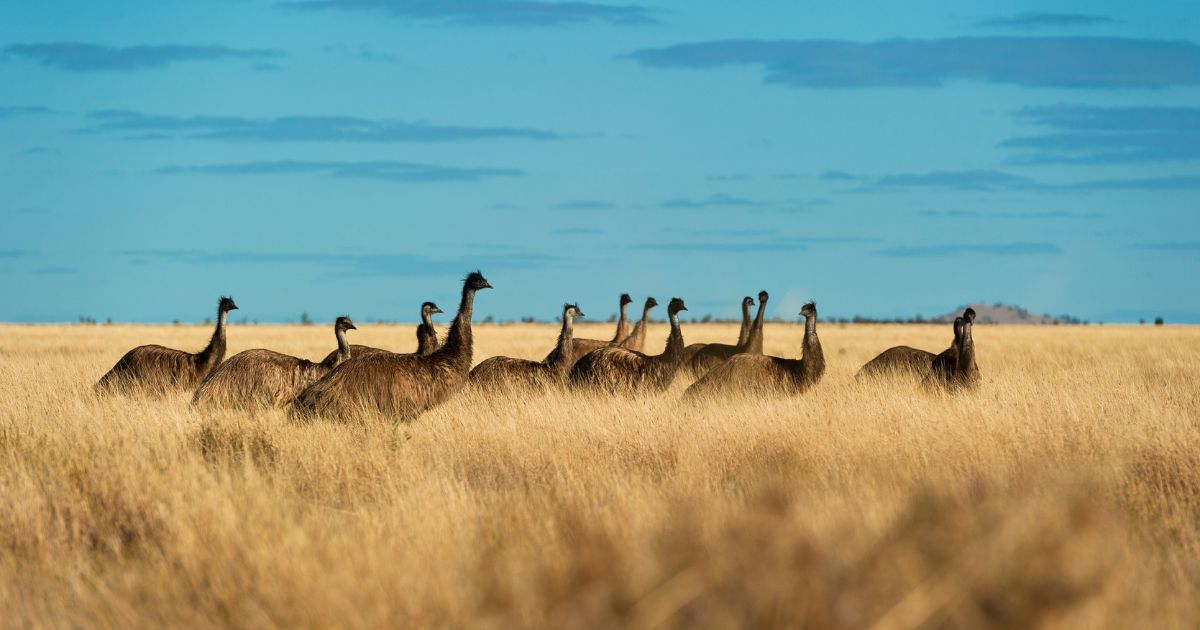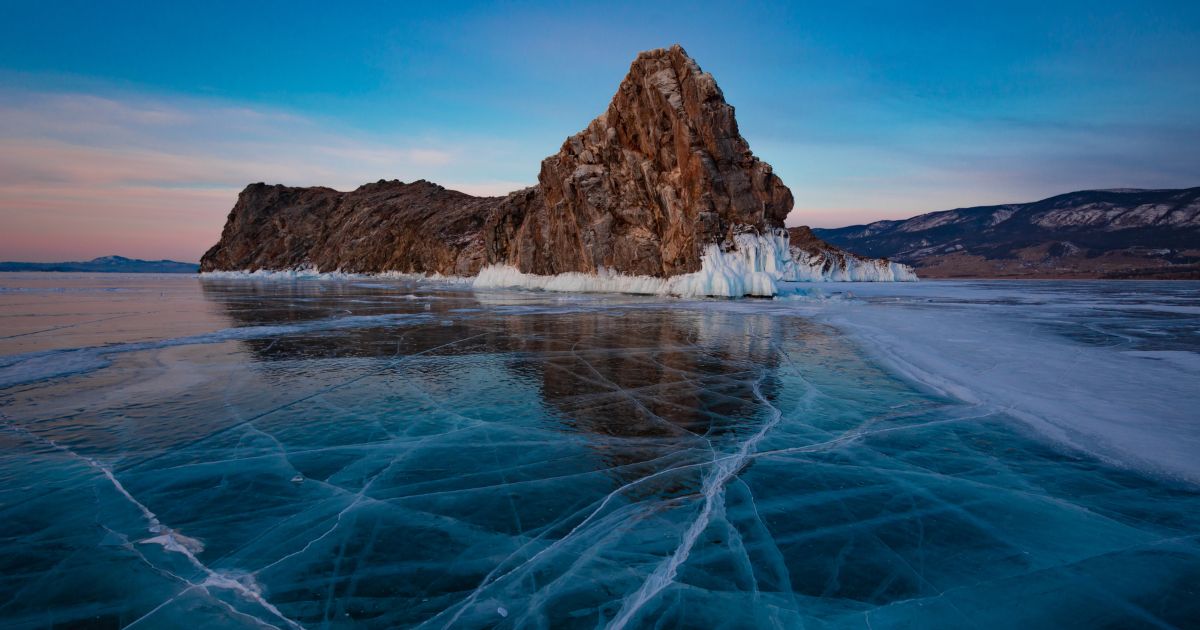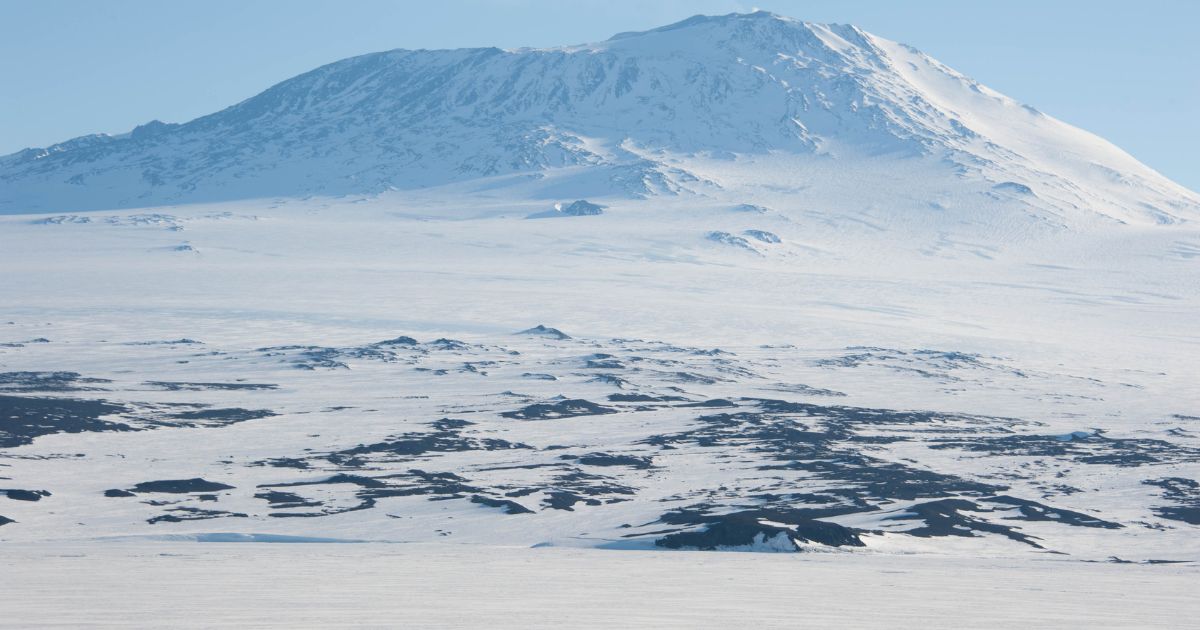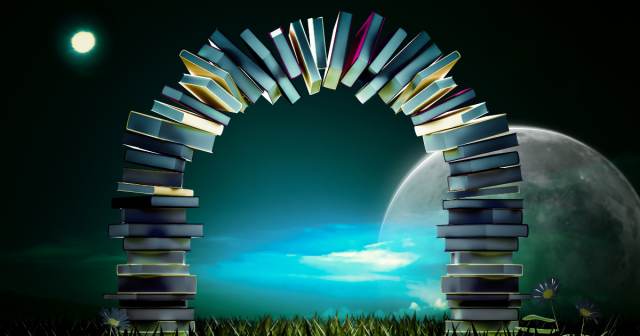General knowledge is more than just a collection of trivia. It’s what connects us to history, science, culture, and the natural world. Knowing fascinating facts not only makes conversations interesting but also broadens our thinking and perspective.
Stay with us, we’ll explore 30 incredible general knowledge revelations. Each one is more than a simple “fun fact” — it’s a story about how amazing our world and universe truly are.
1. The Oldest City Still Thriving
Damascus, the capital of Syria, is often called the world’s oldest continuously inhabited city. Archaeologists believe people have been living there for over 11,000 years. Imagine how many civilizations, empires, and rulers have passed through its streets. From the Arameans and Romans to the Ottomans, Damascus has always been a cultural crossroad. Unlike many ancient cities that exist only as ruins, Damascus is alive today — full of markets, mosques, and people carrying forward its timeless legacy.
2. A Day on Venus Is Longer Than Its Year
Venus is one of the most mysterious planets in our solar system. One of its strangest features is its slow rotation. A single day on Venus (one full spin on its axis) takes 243 Earth days, while its orbit around the Sun (its year) is only 225 days. That means if you lived on Venus, the Sun would rise only once during a whole year — and then set again after months of waiting.
3. Bananas Are True Berries, But Strawberries Are Not
Most of us grew up calling strawberries berries, but science says otherwise. Botanically speaking, a berry must come from a single flower with one ovary and have seeds inside the flesh. By that rule, bananas are true berries, but strawberries and raspberries are not. Each tiny seed on the outside of a strawberry is actually its own separate fruit.
4. Oxford University: The Oldest English-Speaking University

Founded as early as 1096, the University of Oxford in England is the oldest university where teaching is conducted in English. For nearly a thousand years, Oxford has educated leaders, scientists, writers, and thinkers who shaped the world. Alumni include Stephen Hawking, Oscar Wilde, J.R.R. Tolkien, and Malala Yousafzai. Walking through its ancient halls feels like stepping back in time.
5. Octopuses Have Three Hearts and Blue Blood
Octopuses are some of the most fascinating creatures of the ocean. They have three hearts — two pump blood to the gills, while the third sends blood to the rest of the body. Even stranger, their blood is blue, not red, because it contains copper-based hemocyanin instead of iron-based hemoglobin. This helps them survive in cold, deep ocean waters.
6. The Great Emu War of Australia

In 1932, Australia faced an unusual problem: too many emus were eating crops in Western Australia. The government sent soldiers armed with machine guns to reduce their numbers. But the emus were fast, scattered, and surprisingly hard to control. In the end, the birds “won,” and the humans admitted defeat. Newspapers jokingly referred to it as “The Great Emu War.”
7. Honey Never Spoils
Honey has natural properties that make it nearly immortal. It’s low in water, acidic, and contains hydrogen peroxide, all of which stop bacteria and mold from growing. Archaeologists have found pots of honey in Egyptian tombs that are over 3,000 years old and still edible. That’s why honey is often called “liquid gold.”
8. The Shortest War in History
The shortest war ever recorded happened between Britain and Zanzibar in 1896. It started when the Sultan of Zanzibar refused to step down after Britain demanded it. British warships bombarded the palace, and the Sultan surrendered in just 38–45 minutes. That was all it took to end a war.
9. The World’s Largest Library

The Library of Congress in Washington, D.C., is the largest in the world. It houses more than 170 million items, including books, photographs, manuscripts, and sound recordings. If you tried to read one item every single day, it would take you over 400,000 years to finish the collection!
10. Trees Talk Underground
Forests are not just groups of trees — they are communities. Scientists discovered that tree roots are connected by fungi, forming a vast underground network called the “Wood Wide Web.” Through this, trees share nutrients and send signals. For example, when insects attack one tree, it can “warn” its neighbors by releasing chemical alerts.
11. The Invention of Zero
The number zero seems obvious today, but it was once a revolutionary concept. Ancient civilizations, such as the Babylonians, used symbols for “nothing,” but it was the Indian mathematician Brahmagupta in the 7th century who first defined zero as a distinct number with its own rules for arithmetic. Without zero, modern mathematics and computers wouldn’t exist.
12. The Weight of a Neutron Star
Neutron stars are the remains of massive stars that exploded in supernovae. They are unimaginably dense. A piece of neutron star material the size of a sugar cube would weigh about a billion tons on Earth. That’s heavier than all the cars on our planet combined — packed into something you could hold in your hand.
13. The Eiffel Tower Grows in Summer
The Eiffel Tower in Paris isn’t always the same height. Iron expands when heated, so during hot summer days, the tower can grow up to 6 inches taller. In winter, it shrinks back down.
14. The World’s Quietest Room
At Microsoft’s headquarters in Washington, there’s an anechoic chamber that absorbs 99.9% of sound. Inside, you can hear your own heartbeat, lungs, and even the blood flowing in your body. Most people can’t stay inside for more than 30 minutes without feeling dizzy or disoriented.
15. Lake Baikal: The Deepest and Oldest Lake

In Siberia, Russia, lies Lake Baikal — the deepest and oldest freshwater lake on Earth. It’s about 25 million years old and 5,387 feet deep. Lake Baikal holds nearly 20% of the world’s unfrozen fresh water, making it more significant than any other lake in terms of water volume.
16. Electric Eels Pack a Shocking Punch
Despite their name, electric eels are not eels but knifefish. They can generate electric shocks of over 600 volts, which is five times more powerful than a standard wall socket. They use this ability to stun prey and defend themselves.
17. Shakespeare Invented Words We Still Use
William Shakespeare contributed more than 1,700 words and phrases to the English language. Words like eyeball, fashionable, gloomy, and bedazzled all come from his plays. His creativity helped shape English into the rich, expressive language it is today.
18. The First Computer Bug
In 1947, while working on the Harvard Mark II computer, engineers found a real moth trapped in a relay. They taped it into their logbook and noted it as the “first actual case of a bug being found.” That’s how the term “computer bug” was born.
19. Antarctica: A Frozen Desert

Although covered in ice, Antarctica is technically the world’s largest desert. A desert is defined by low precipitation, not sand, and Antarctica receives less annual rainfall than the Sahara. Its harsh environment makes it one of the most extreme places on Earth.
20. The Floating Post Office of India
On Dal Lake in Srinagar, Kashmir, India operates the world’s only floating post office. Housed on a traditional wooden boat, it offers regular mail services, stamps, and even a small museum. It’s a perfect mix of history and practicality, floating on one of the most scenic lakes in the world.
21. The Blue Whale’s Giant Heartbeat
The blue whale is the largest animal ever to live on Earth. Its heart alone weighs as much as a small car. When diving deep into the ocean, its heartbeat slows down to just 2 beats per minute. When it surfaces, it speeds up to about 25–37 beats to pump oxygen-rich blood.
22. Whales Sing Across Oceans
Humpback whales are known for their beautiful songs. These vocalizations can last up to 30 minutes and travel for hundreds of miles underwater. Scientists believe that whales sing to communicate, attract mates, and establish their territory.
23. The World’s Smallest Reptile
In 2021, researchers in Madagascar discovered a tiny chameleon called Brookesia nana. It measures only 22 millimeters long — smaller than your fingertip. Despite its size, it hunts insects just like larger chameleons.
24. The Speed of a Sneeze
A single sneeze can travel at about 100 miles per hour, ejecting thousands of tiny droplets into the air. This is why sneezes spread germs so effectively, and why covering your mouth is crucial.
25. Diamonds Rain on Jupiter and Saturn
Deep inside Jupiter and Saturn, the pressure and atmosphere are so extreme that carbon transforms into diamonds. Scientists believe these planets may literally experience diamond rain. Imagine oceans of shimmering gemstones falling from the sky.
26. The Great Pacific Garbage Patch
Floating between California and Hawaii, the Great Pacific Garbage Patch is a massive swirl of plastic waste, twice the size of Texas. Made up of millions of tons of debris, it highlights the urgent need to reduce plastic pollution in our oceans.
27. Sudoku’s Surprising Origins
Though most people associate Sudoku with Japan, it actually originated in 19th-century Europe as a number-placement puzzle. It gained global popularity in the 1980s when it was introduced in Japanese newspapers under the name “Sūji wa dokushin ni kagiru” — meaning “the digits must remain single.”
28. The First Programmable Robot
In 1954, inventors George Devol and Joseph Engelberger created Unimate, the world’s first programmable industrial robot. It was designed to automate repetitive factory tasks and laid the foundation for the robotics industry we know today.
29. The Oldest Written Melody
Archaeologists discovered a clay tablet in Ugarit (modern-day Syria) dating back 3,400 years. The tablet contains cuneiform notation of a musical composition, making it the oldest known written melody in history.
30. Venice: A Floating City
Venice, Italy, is a city unlike any other. Built on 118 islands, it stands on wooden piles driven deep into marshy ground. Its canals, bridges, and gondolas make it one of the most unique cities in the world. Despite sinking slowly, Venice continues to enchant millions of visitors each year.
Conclusion
From the mysteries of space to the wonders of history and the oddities of nature, these 30 general knowledge facts remind us of the fascinating universe we inhabit.
The more we learn, the more we realize there’s always something new to discover. So keep exploring, questioning, and sharing knowledge — because curiosity is what truly broadens our horizons.
Visit Also: 25 Essential General Knowledge Insights to Sharpen Your Mind







